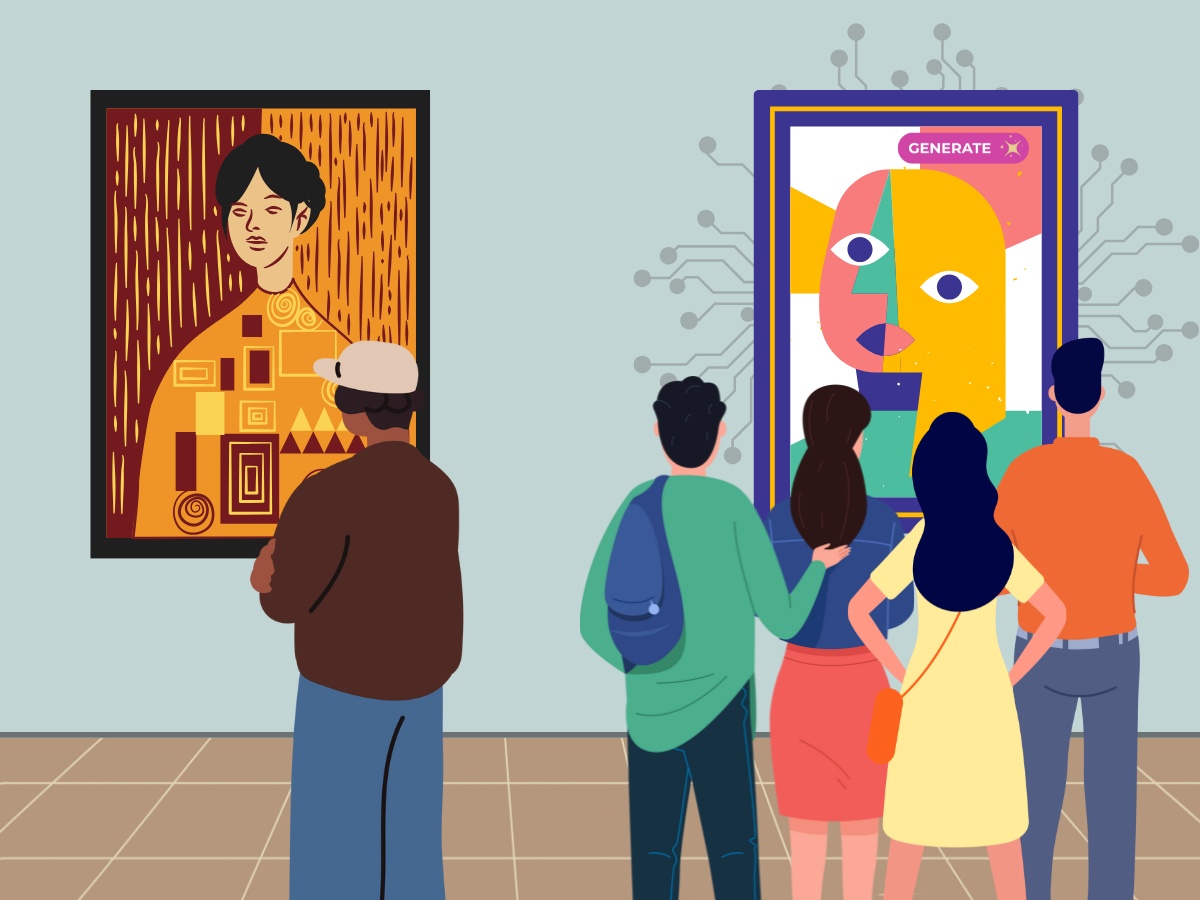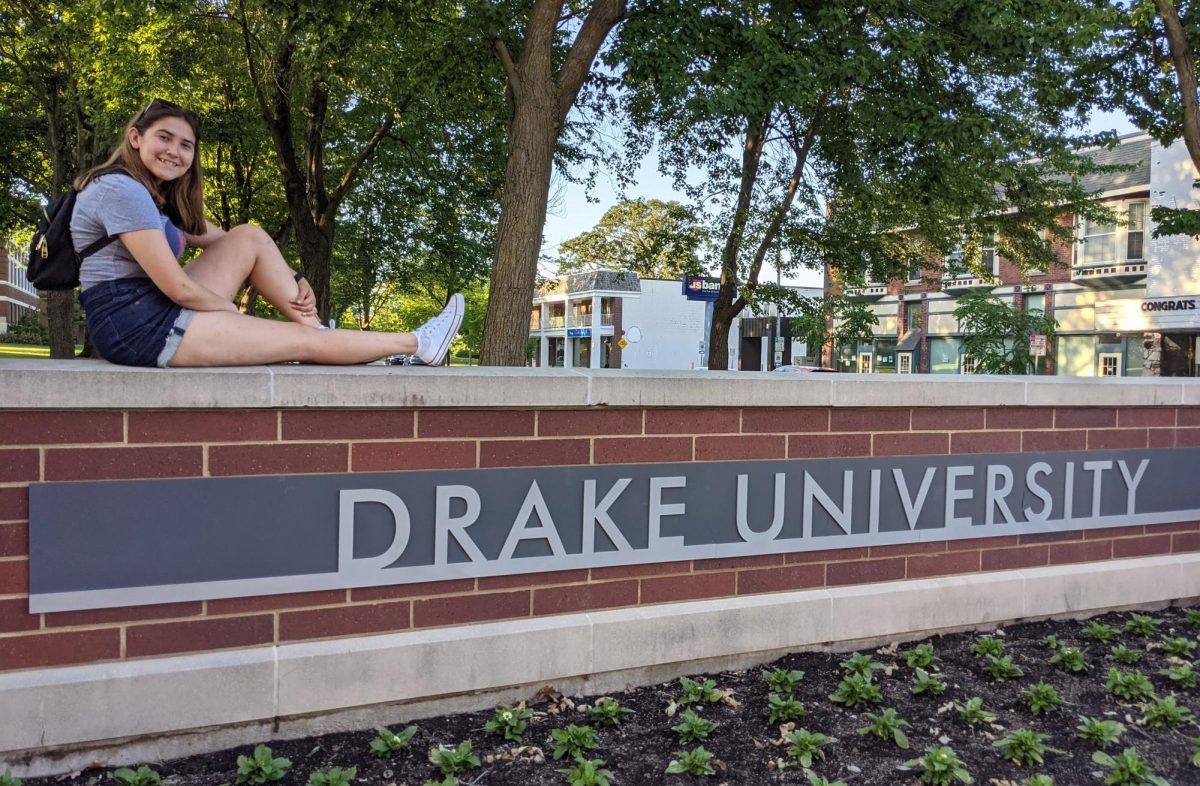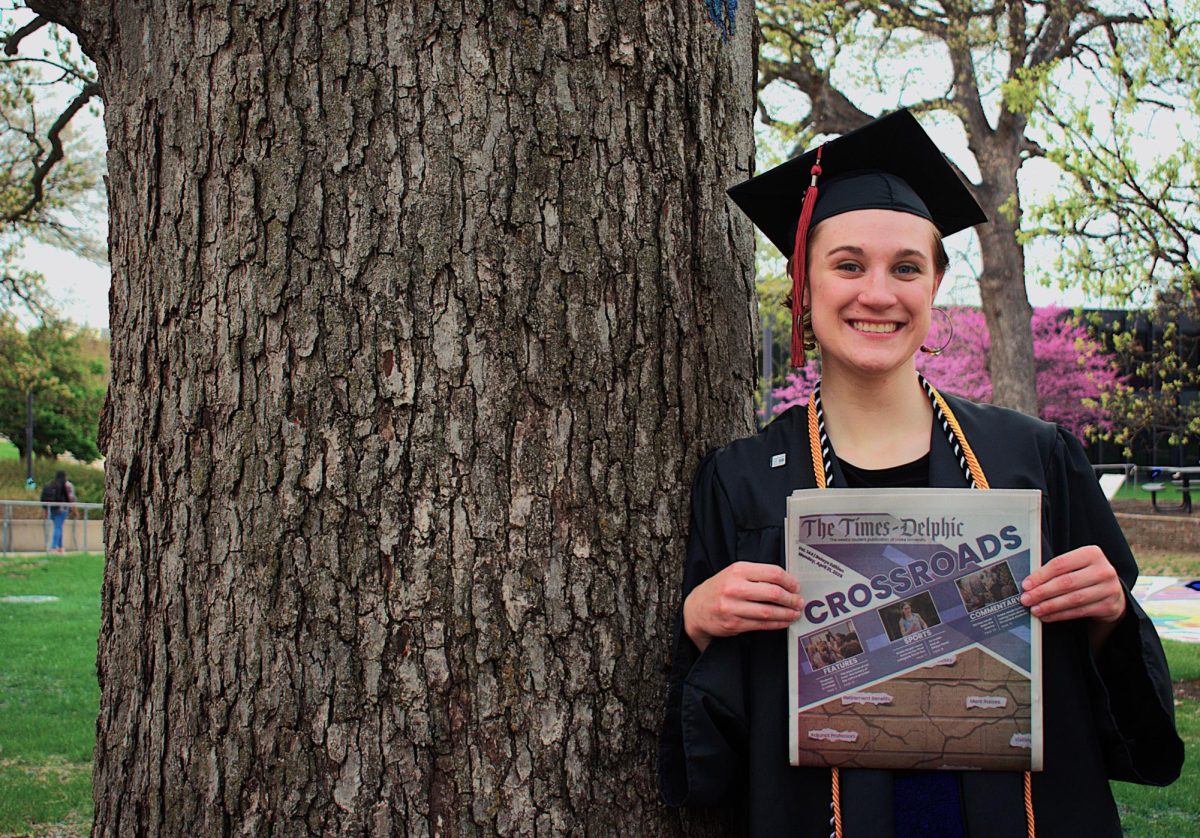It’s a terrifying question that sets off warning bells that sound a lot like signs of White supremacy — but that’s not the question.
As a White person, I want to take a moment to disconnect the concept of supremacy from the question of White peoples’ experience within racial discourse — to recognize the tendency of villainization and try to keep the rubber band from snapping back too far.
While on spring break, I watched an episode of “Zoey’s Extraordinary Playlist” with my sister. In this episode, Simon, one of Zoey’s Black co-workers, spoke out to their company board about racist comments and attitudes he’d been experiencing while at work. It’s an incredibly empowering episode, providing examples of racist instances that feel like true stories. My favorite part is that it ends with the company having created tangible policies that actively work toward changing the work culture in favor of inclusivity.
But during an ad break, my sister turned to me and asked whether White people can experience racism. She said a person of color at her school had told her that she couldn’t talk about race because she’s White. When my sister told them that didn’t sound right, that the claim itself sounded kinda racist, this person told her that they can’t be racist because they’re of color.
A large portion of this is probably to be attributed to naivety — to a lack of nuanced conversations about race in schools — but it scares me that there are kids who will grow up thinking that, because of their identity — on whichever side of the dichotomy society has boxed them into (White or of color), they can devalue the perspective of another human being.
It’s something I, myself, have been growing wary of for a few years now. I’m afraid to use or even capitalize the term “White” when referring to my own skin color, but am always careful to capitalize Black in reference to others’, determined to show respect wherever I can. I don’t like speaking during conversations about racialized experiences because playing devil’s advocate to keep the conversation from generalizing White people as the enemy can be interpreted as racist. But I’ll still laugh along when someone references a “White girl” stereotype.
One of the phrases that was used in the episode of “Zoey’s Extraordinary Playlist” was “keeping your head down.” Avoiding conflict for the sake of “not stirring the pot.”
It was accompanied by the claim that Zoey, as a White woman, could never understand what it’s like to be a person of color — which, in a historic and stereotypical situation, is very true. It’s still the norm that White people hold positions of power over racial minorities. The United States Congress is still predominantly made up of people who identify as White.
But in smaller situations, where people of racial minorities hold the majority — particularly during organized conversations about race, since they’re typically advertised toward people of color — it can be very easy to make White people into the enemy.
A similar unease sits in the pit of my stomach, walking into these events, as a person of color presumably feels when walking into a room full of White people. It’s a reaction that’s amplified in seeing scenes similar to “Zoey’s Extraordinary Playlist,” naming all the terrible things that “White people” do and have done, in which the White friend these things are said to is expected to nod and agree that they’re the cause. Or, even more painfully, agree that they can’t help.
As someone who only has experience in racial discourse from what’s been discussed during classes, I must admit that I am not an expert in this subject. All I have are my own thoughts, experiences and a general understanding of history’s tendency to rubber band from one extreme paradigm to another based on generalizations. So, for the sake of learning more, I’m asking whether White people can experience racism. If the answer is yes, then how does it affect racial discourse and the way we conceptualize race?






